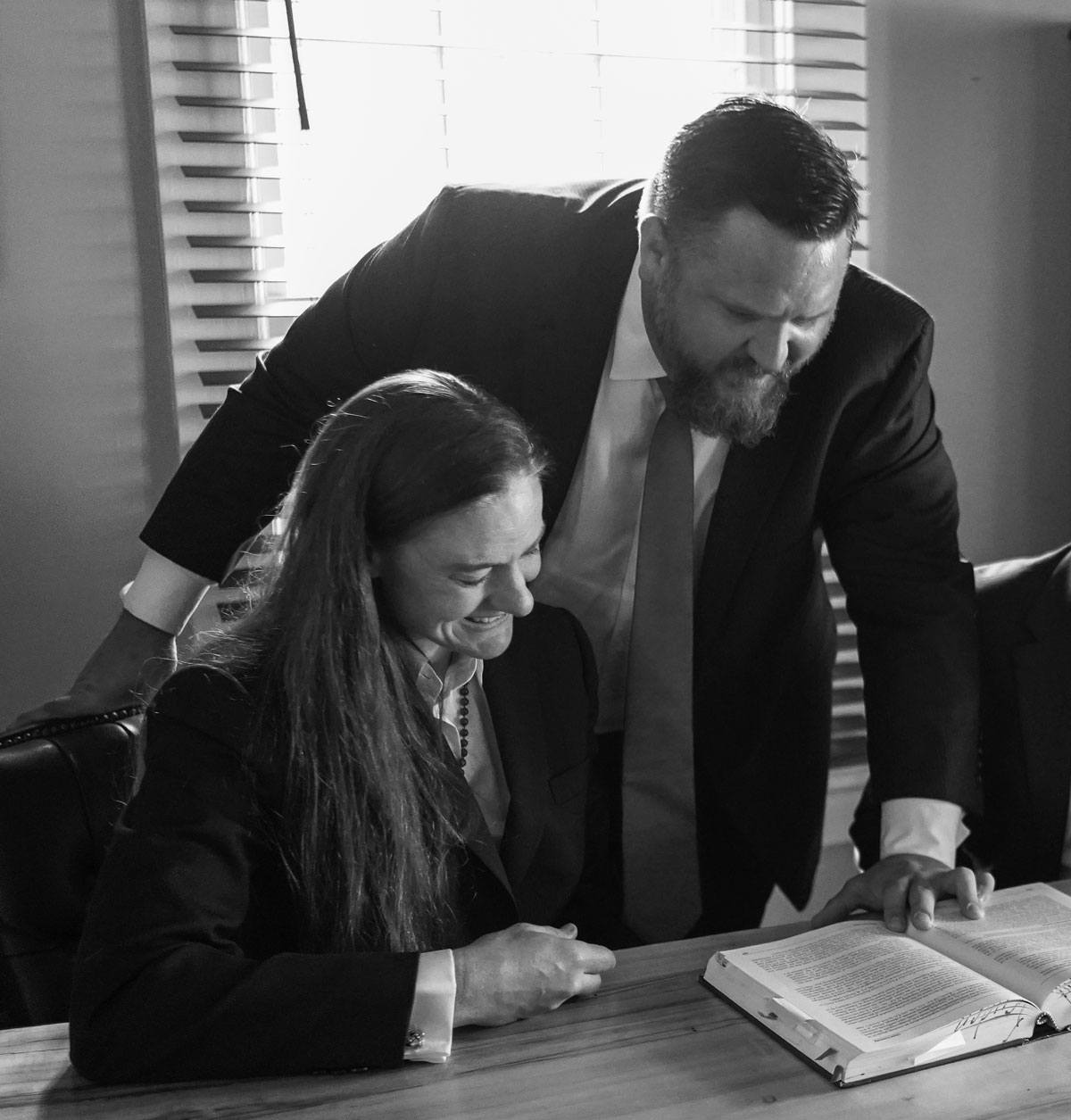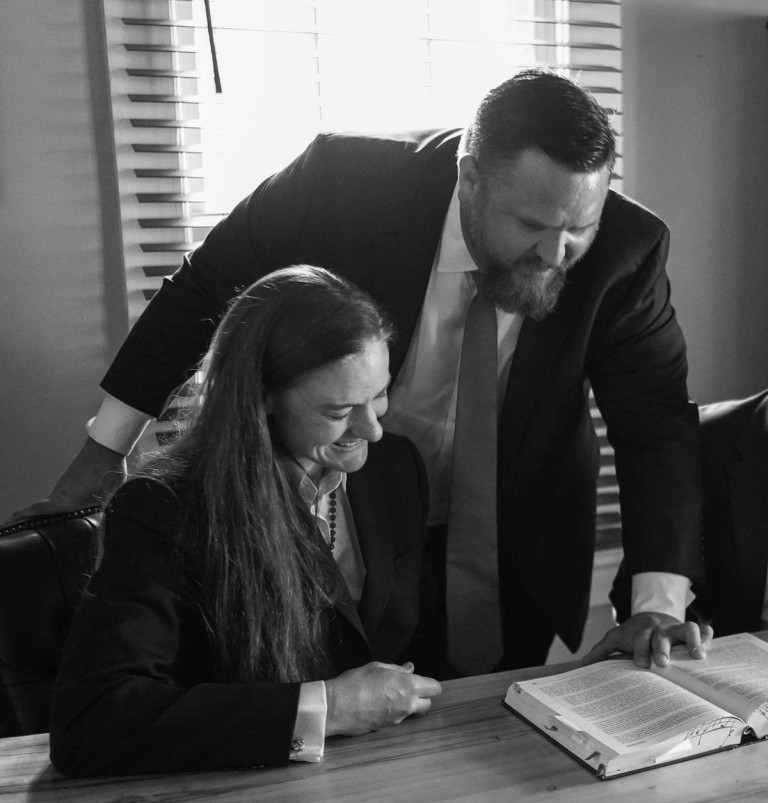
Helping You Protect Your Share of Marital Assets

How Property Division Works in a South Carolina Divorce
Marital vs. Separate Property in a Divorce
Dividing Debts in a South Carolina Divorce
Similar to assets, debts that you and your spouse acquired during the course of the marriage constitute marital debts. If your spouse bought a car or ran up a large credit card balance, you share those debts with them. Many divorces cite financial irresponsibility as a reason for the divorce, as one spouse depleting marital assets can strain the relationship beyond repair. An attorney from our firm can help you demonstrate that your spouse acquired certain large debts without your knowledge or consent, including personal loans, credit card debt, gambling debts, or spending on an extramarital affair.
Property Division in Contested vs. Uncontested Divorce in South Carolina
Factors the Court Considers for South Carolina Property Division
What if Your Spouse Hides Assets During the Divorce?
How an Experienced Divorce Attorney Can Help
Contact Our Experienced Divorce Attorneys at Fender Law Firm
Proudly serving the Beaufort community for three generations
We bring over 25 years of experience to your case and will work patiently and tirelessly to bring you peace of mind.
Our roots run deep and date back to the Dowling & Dowling firm founded in 1941. Attorney Addison Fender continued his family's legacy in 2010 when he and his wife Tracy, one of the county's most experienced paralegals, opened Fender Law Firm. Guided by the practice's long standing values of compassion, honesty and fairness, our highly skilled team offers family legal services in the Fourteenth Judicial Circuit, including Beaufort County, Jasper County, Colleton County, Hampton County, and Allendale County. Beaufort, Blufton, Hilton Head and surrounding areas.

LATEST IN








